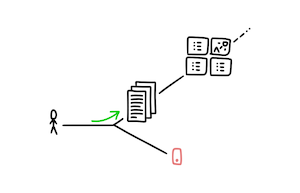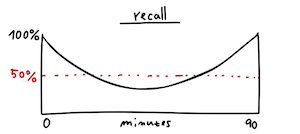Let your discontent crystallize
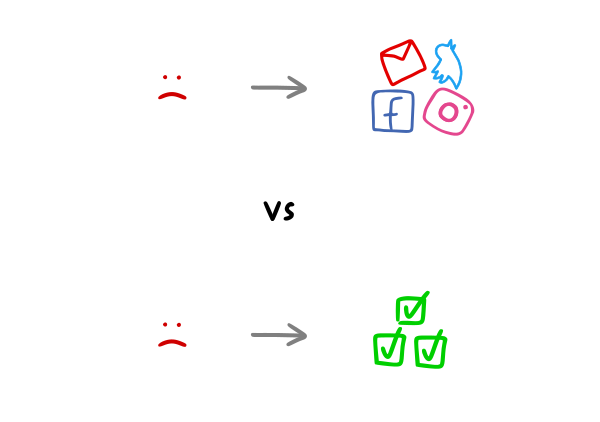
Have you heard the term crystallization of discontent? It's useful in helping us provoke a positive change in our lives.
Here's the its definition from the psychologist Roy Baumeister who coined it:
Once people begin to recognize larger patterns of shortcomings in their lives, he contends, they may reshuffle their core values and priorities to justify improving things.
It's a moment when negative emotions guide you to a painful realization.
"I need to stop doing this"
"I have to change"
"This can't go on"
These moments are when we decide to change. However, they do require something many of us don't like to do: facing unpleasant emotions.
Procrastination = habitual escape from discomfort
Now's a good time to go back to basics.
We procrastinate because we want to escape discomfort:
The idea of tackling work stresses us → we take our phone and scroll → we forget about work, stress level goes down.
The issue, of course, is that later when we wake up from the Zombie Mode of scrolling and watching, the work is still there, waiting for us.
Crucially, procrastination stops us from facing unpleasant emotions.
While this may be beneficial in a small number of cases, it also stops us from changing our behavior.
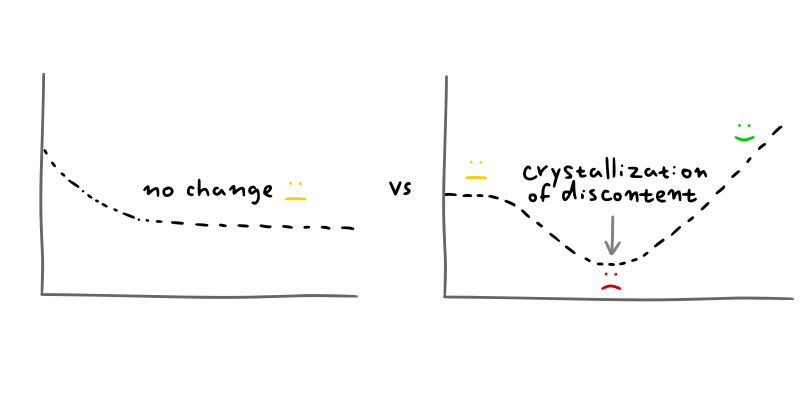
Our emotions are like signals.
Pleasant feelings are generally a signal to do more of something.
Unpleasant feelings are generally a signal to stop doing something.
However, when we scroll TikTok or Reddit for 2 hours, the negative emotions dissipate without leading to change. There is no crystallization of discontent that would lead to change. There's just a kind of numbness.
Let your discontent crystallize
When you think about your life and you aren't where you'd like to be, try to channel this impulse in a meaningful way.
Take a walk instead of scrolling.
Journal instead of watching YouTube videos.
Talk to a friend about it instead of going down a Reddit rabbit hole.
All of these are ways to manage the discomfort in a way that doesn't overwhelm you, and yet leads to lasting change.
Try to switch into reflective mode and figure out why you're feeling that emotion and what a productive way to use it might be.
And when you're letting yourself to stay with that unpleasantness for a moment, steer your thoughts towards action: "What can I do?"
Action often removes a big part of stress. Crucially, it most often doesn't matter what you do, so long as you do something.
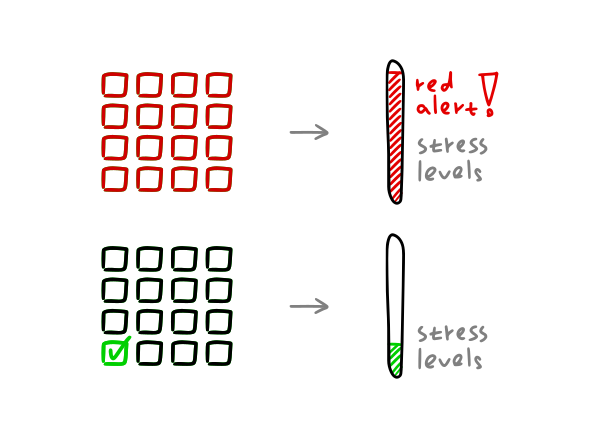
Once you've done even a small part of a task, the rest becomes more surmountable and you also begin to feel better for having done something.
Stay with the emotions long enough to form a plan and take some action as soon as you can to solidify the intention.
Use the crystallization of discontent to drive positive change that actually resolves the underlying issue instead of numbing yourself with online content.

